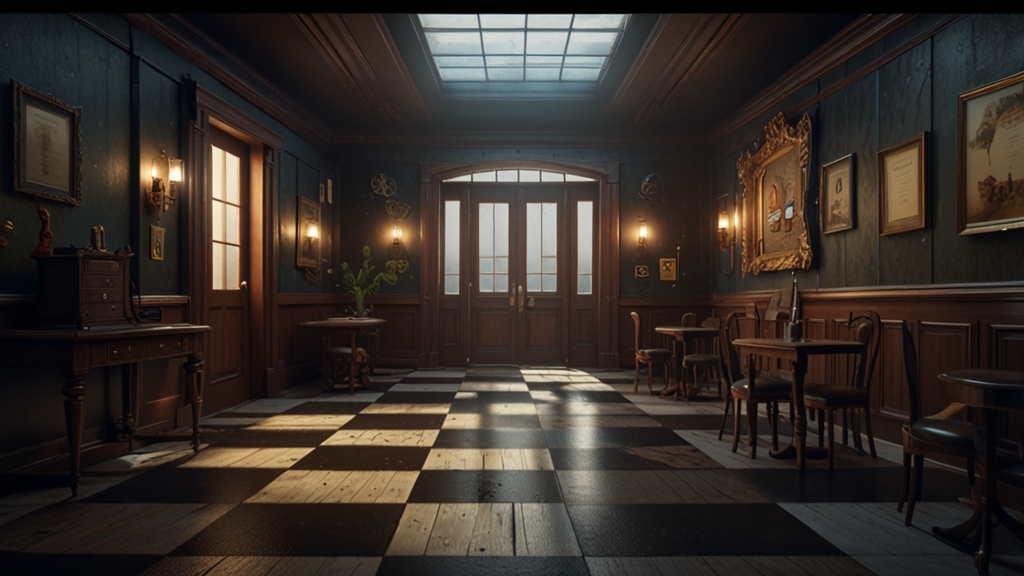Is History Hiding Ancient Civilizations From Us?
For centuries, the study of history has been a cornerstone of understanding human progress. However, recent discoveries and theories have prompted some to question whether our historical narrative might be incomplete—or even deliberately obscured. Could ancient civilizations, potentially as advanced or more so than our current society, have been hidden from the collective consciousness? This article delves into the intriguing question: Is history hiding ancient civilizations from us?
Evidence of Forgotten Civilizations
Across the globe, archaeological discoveries suggest the existence of societies advanced beyond our conventional historical timelines. The underwater structures off the coast of Yonaguni Island in Japan, Göbekli Tepe in Turkey, and the ruins of Mohenjo-Daro in Pakistan challenge the traditional views of early human societies. These sites feature remarkably sophisticated architecture and artifacts, often attributed to civilizations that thrived thousands of years before mainstream history acknowledges such advancements.
"The more I see, the less I know for sure." — John Lennon
In the domain of ancient civilizations, this quote resonates profoundly. Each discovery seems to raise more questions than it answers, pushing the boundaries of what we thought we knew about human history.
The Role of Catastrophism
One significant reason historians may have overlooked advanced ancient societies is the theory of catastrophism. Catastrophic events—like massive floods, volcanic eruptions, or asteroid impacts—could have obliterated entire civilizations, leaving few traces behind. The idea that significant portions of human history could be reset by natural disasters isn't new, but it’s often underexplored in mainstream academic circles.
Proponents of this theory point to geological evidence and ancient mythologies that describe apocalyptic events. For instance, the Great Flood myths found in cultures worldwide suggest a shared memory of a devastating event. Could these myths be grounded in real occurrences that wiped out advanced human societies, thus erasing them from history?
Alternative Theories
Alternative historians and researchers propose several theories to explain historical gaps. One such theory is the existence of a "lost" civilization like Atlantis, first described by Plato. The narrative of Atlantis encompasses a highly advanced society that perished in a cataclysm, leaving only fragments behind.
"We are not the first to wonder if human civilization is far older than we have been taught." — Graham Hancock, author of 'Fingerprints of the Gods'
Hancock's work, among others, suggests that humanity’s journey is far longer and complex than acknowledged by conventional scholarship. According to these theories, ancient civilizations might have possessed advanced technology and knowledge, which were lost due to both natural and man-made cataclysms.
Resistance from Mainstream Academia
Despite mounting evidence and compelling theories, mainstream academia often resists the idea of hidden ancient civilizations. Historians and archaeologists argue that the scientific method, peer reviews, and rigorous evidence are necessary to uphold historical integrity. Skeptics caution against the romanticism and pseudoscience that sometimes accompany alternative history theories.
Nevertheless, the reluctance to explore these possibilities might stem from academic inertia or the vested interests of institutions. Admitting that significant portions of history could be incorrect or incomplete would require a paradigm shift, impacting educational, political, and even economic systems.
Conclusion
The question of whether history is hiding ancient civilizations from us remains open and tantalizing. While mainstream history relies on empirical evidence and established timelines, the persistent anomalies and the richness of human mythology suggest that there's much more to uncover. The truth may lie somewhere in between the cautious approaches of traditional historians and the bold conjectures of alternative researchers.
As we continue to explore our past, through both conventional means and innovative approaches, we may yet uncover the hidden chapters of human civilization. In the end, history is a puzzle with pieces scattered across time and space—and it's up to us to find them and fit them together.






